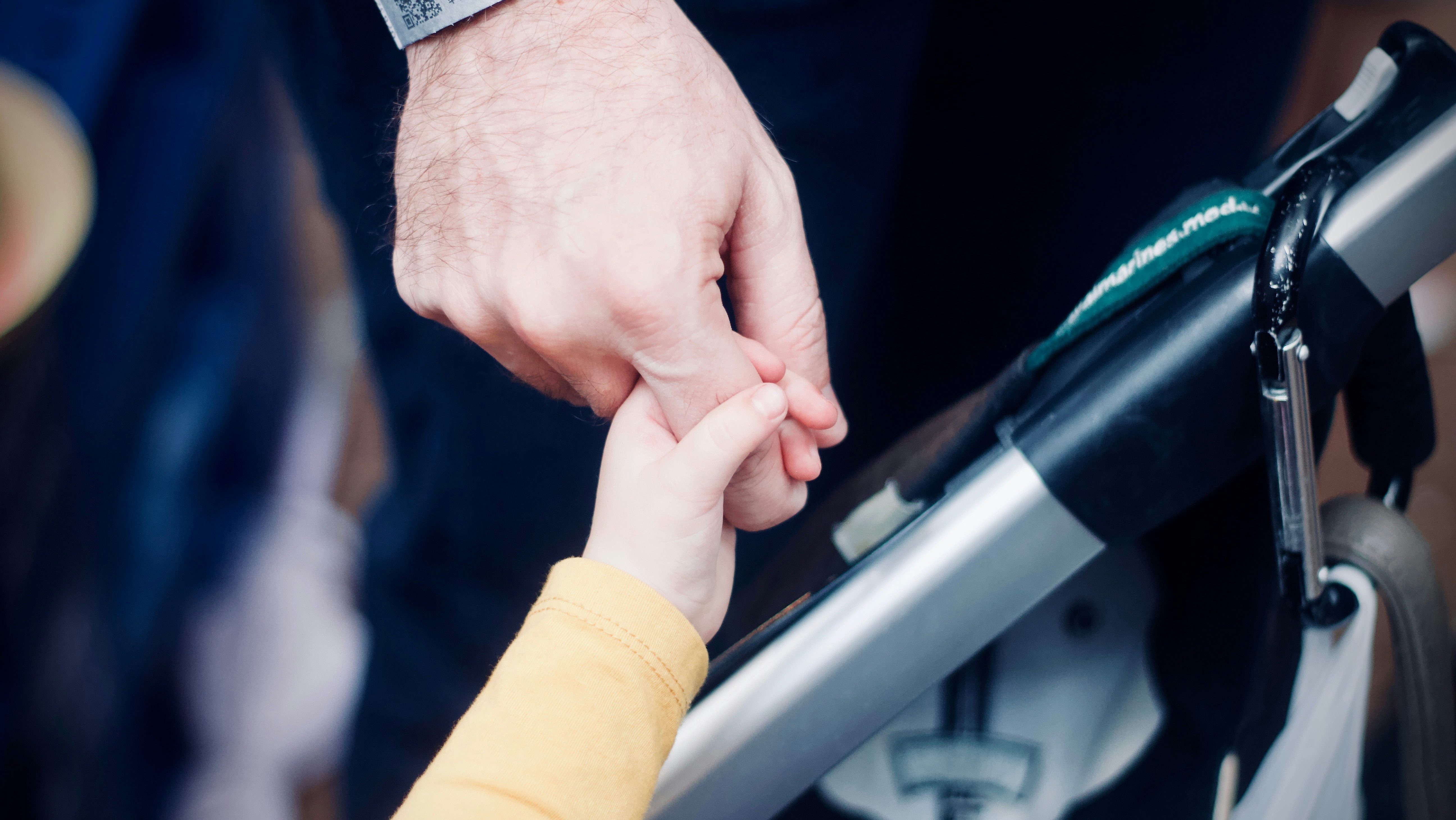“Everybody knows that prevention is better than the cure” wrote Lord Darzi last month as part of his investigation into the state of the NHS. In fact, the report found that interventions protecting health end up costing much less than dealing with illness further down the line. A large part of the solution lies in addressing the impact of inequality on health. Yet, children facing financial hardship are still absent from the national conversation, despite bearing the brunt of health inequality.
Many of us think of children and young people as a ‘healthy generation’ but, for those from lower incomes, childhood is the point at which inequalities begin to entrench themselves in a child’s life, often carried into adulthood. The domino effect of poor health outcomes, coupled with the poverty itself, perpetuates the chance of children living in poverty later in life. Young peoples’ health is hit hard by financial hardship. Children living in poverty are 72% more likely to be diagnosed with a long-term condition than their peers. Meanwhile, the UK’s infant mortality rate is nearly twice as high in the most deprived areas as it is in the least deprived.
In so many ways, we are storing up problems for the future by not preventing ill health and inequalities during childhood.
- Children across the UK are living in ‘Dickensian conditions’ due to sky-high energy bills
- Cost of living crisis is over? Try telling that to millions of Brits struggling to feed their kids
Worryingly, child poverty rates have been growing, reaching a high of 4.3 million children living in relative poverty this year. A recent survey by NHS Providers found that keeping pace with demand for children and young people’s services is a struggle. As many as 97% of trusts surveyed said that demand for children’s services has increased in recent years. Meanwhile, 71% of trust leaders stated that long waits for children’s services are actively contributing to health inequalities.
There are many reasons why financial inequality leads to worse health outcomes. Not only are children from poorer families facing more stress and hardship than their peers, they may also struggle to access services due to the cost of transport and parking, the distance to hospital locations, and the ability for parents to take time off work.
Poverty is not the only form of health inequality affecting children. Ethnic minority children, migrant children and looked after children are more likely to experience inequalities in accessing services. These barriers result in higher ‘Was Not Brought’ rates among disadvantaged groups of children, who then wait longer for treatment. Research from the University of Cambridge and the National Children’s Bureau found that children from the most deprived areas are twice as likely to be turned away from child and adolescent mental health services (CAMHS). The longer conditions go untreated, the worse they become, sometimes reaching crisis point before a child is seen by healthcare professionals.





